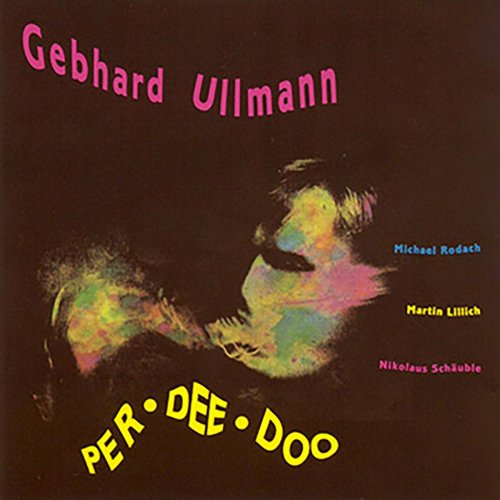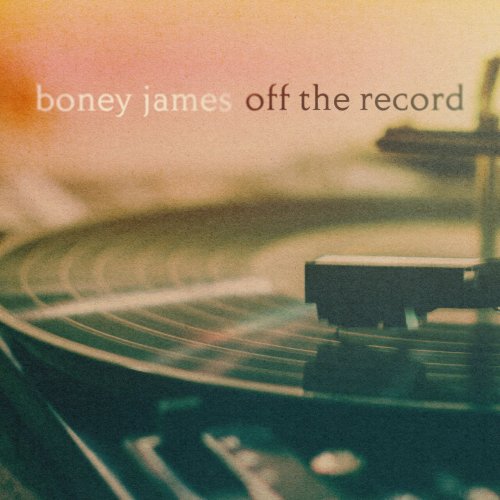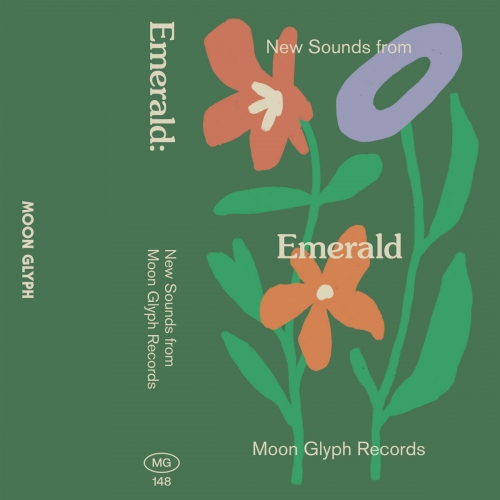Choir of New College Oxford, The King'S Consort, Robert King - Handel: Deborah (1993)
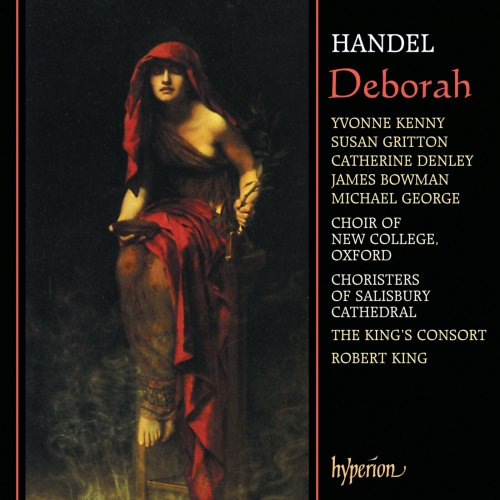
Artist: Choir of New College Oxford, The King'S Consort, Robert King
Title: Handel: Deborah
Year Of Release: 1993
Label: Hyperion
Genre: Classical
Quality: flac lossless (tracks) +Booklet
Total Time: 02:19:40
Total Size: 645 mb
WebSite: Album Preview
TracklistTitle: Handel: Deborah
Year Of Release: 1993
Label: Hyperion
Genre: Classical
Quality: flac lossless (tracks) +Booklet
Total Time: 02:19:40
Total Size: 645 mb
WebSite: Album Preview
CD1
01. Deborah, HWV 51, Pt. 1: Overture. Grave – Allegro – Minuet
02. Deborah, HWV 51, Pt. 1: No. 1, Immortal Lord of Earth and Skies (Chorus)
03. Deborah, HWV 51, Pt. 1: No. 2, Recit. O Barak, Favour'd of the Skies (Deborah/Barak)
04. Deborah, HWV 51, Pt. 1: No. 3, Duet. Where Do Thy Ardours Raise Me? (Barak/Deborah)
05. Deborah, HWV 51, Pt. 1: No. 4, Forbear Thy Doubts! To Arms! Away! (Chorus)
06. Deborah, HWV 51, Pt. 1: No. 5, Recit. Since Heav'n Has Thus His Will Express'd (Barak)
07. Deborah, HWV 51, Pt. 1: No. 6, For Ever to the Voice of Pray'r (Soli/Chorus)
08. Deborah, HWV 51, Pt. 1: No. 7, Recit. By That Adorable Decree (Deborah)
09. Deborah, HWV 51, Pt. 1: No. 8, O Hear Thy Lowly Servants' Pray'r (Chorus)
10. Deborah, HWV 51, Pt. 1: No. 9, Recit. Ye Sons of Israel, Cease Your Fears (Deborah)
11. Deborah, HWV 51, Pt. 1: No. 10, O Blast, with Thy Tremendous Brow
12. Deborah, HWV 51, Pt. 1: No. 11, Recit. To Whomsoe'er His Fate the Tyrant Owes (Barak)
13. Deborah, HWV 51, Pt. 1: No. 12, Air. How Lovely Is the Blooming Fair (Barak)
14. Deborah, HWV 51, Pt. 1: No. 13, Recit. O Deborah! Where'er I Turn My Eyes (Jael/Deborah)
15. Deborah, HWV 51, Pt. 1: No. 14, Air. Choirs of Angels, All Around Thee (Deborah)
16. Deborah, HWV 51, Pt. 1: No. 15, Recit. My Transports Are Too Great to Tell (Jael)
17. Deborah, HWV 51, Pt. 1: No. 16, Air. To Joy He Brightens My Despair (Jael)
18. Deborah, HWV 51, Pt. 1: No. 17, Recit. Barak, My Son, the Joyful Sound (Abinoam)
19. Deborah, HWV 51, Pt. 1: No. 18, Air. Awake the Ardour of Thy Breast (Abinoam)
20. Deborah, HWV 51, Pt. 1: No. 19, Recit. I Go Where Heav'n and Duty Call (Barak)
21. Deborah, HWV 51, Pt. 1: No. 20, Air. All Danger Disdaining (Barak)
22. Deborah, HWV 51, Pt. 1: No. 21. Let Thy Deeds Be Glorious (Chorus)
23. Deborah, HWV 51, Pt. 1: No. 22, Recit. My Charge Is to Declare (Herald/Barak/Deborah)
24. Deborah, HWV 51, Pt. 1: No. 23, Despair All Around Them (Chorus)
25. Deborah, HWV 51, Pt. 2: No. 1, See, the Proud Chief Advances Now (Chorus)
26. Deborah, HWV 51, Pt. 2: No. 2, Recit. That Here Rebellious Arms I See (Sisera)
27. Deborah, HWV 51, Pt. 2: No. 3, Air. At My Feet Extended Low (Sisera)
28. Deborah, HWV 51, Pt. 2: No. 4, Recit. Go Frown, Barbarian (Deborah)
29. Deborah, HWV 51, Pt. 2: No. 5, Air. In Jehovah's Awful Sight (Deborah)
30. Deborah, HWV 51, Pt. 2: No. 6, Recit. Yes, How Your God in Wonders Can Excel (Sisera)
31. Deborah, HWV 51, Pt. 2: No. 7, Air. Whilst You Boast the Wondrous Story (Sisera)
32. Deborah, HWV 51, Pt. 2: No. 8, Air. Impious Mortal, Cease to Brave (Barak)
CD2
01. Deborah, HWV 51, Pt. 2: No. 9, Recit. Behold the Nations All Around (Chief Priest of Baal)
02. Deborah, HWV 51, Pt. 2: No. 10, O Baal, Monarch of the Skies! (Chorus of Baal's Priests)
03. Deborah, HWV 51, Pt. 2: No. 11, Recit. No More, Ye Infidels, No More! (Chief Priest of the Israelites)
04. Deborah, HWV 51, Pt. 2: No. 12, Lord of Eternity, Who Hast in Store (Chorus of Israelites)
05. Deborah, HWV 51, Pt. 2: No. 13, Recit. By His Great Name, and His Alone (Deborah/Sisera)
06. Deborah, HWV 51, Pt. 2: No. 14, All Your Boast Will End in Woe (Soli/Chorus)
07. Deborah, HWV 51, Pt. 2: No. 15, Recit. Great Prophetess, My Soul's on Fire (Barak)
08. Deborah, HWV 51, Pt. 2: No. 16, Air. In the Battle, Fame Pursuing (Barak)
09. Deborah, HWV 51, Pt. 2: No. 17, Recit. Thy Ardours Warm the Winter of My Age (Abinoam)
10. Deborah, HWV 51, Pt. 2: No. 18, Air. Swift Inundation of Desolation (Abinoam)
11. Deborah, HWV 51, Pt. 2: No. 19, Recit. O Judah, with What Joy I See (Israelite Woman)
12. Deborah, HWV 51, Pt. 2: No. 20, Air. No More Disconsolate I'll Mourn (Israelite Woman)
13. Deborah, HWV 51, Pt. 2: No. 21, Recit. Now, Jael, to Thy Tent Retire (Deborah)
14. Deborah, HWV 51, Pt. 2: No. 22, Air. O the Pleasure My Soul Is Possessing (Jael)
15. Deborah, HWV 51, Pt. 2: No. 23, Recit. Barak, We Now to Battle Go (Deborah)
16. Deborah, HWV 51, Pt. 2: No. 24, Duet. Smiling Freedom, Lovely Guest (Deborah/Barak)
17. Deborah, HWV 51, Pt. 2: No. 25, The Great King of Kings Will Aid Us Today (Chorus)
18. Deborah, HWV 51, Pt. 3: No. 1, A Grand Miltary Symphony. Now the Proud Insulting Foe (Chorus of Israelites)
19. Deborah, HWV 51, Pt. 3: No. 2, Recit. The Haughty Foe Whose Pride to Heav'n Did Soar (Israelite Woman)
20. Deborah, HWV 51, Pt. 3: No. 3, Air. Now Sweetly Smiling Peace Descends (Israelite Woman)
21. Deborah, HWV 51, Pt. 3: No. 4, Recit. My Pray'rs Are Heard, the Blessings of This Day (Abinoam/Barak)
22. Deborah, HWV 51, Pt. 3: No. 5, Air. Tears, Such as Tender Fathers Shed (Abinoam)
23. Deborah, HWV 51, Pt. 3: No. 6, Recit. O Deborah, My Fears Are O'er (Jael)
24. Deborah, HWV 51, Pt. 3: No. 7, Doleful Tidings, How Ye Wound (Chorus of Baal's Priests)
25. Deborah, HWV 51, Pt. 3: No. 8, Air. Our Fears Are Now Forever Fled (Israelite Woman)
26. Deborah, HWV 51, Pt. 3: No. 9, Recit. I Saw the Tyrant Breathless in Her Tent (Barak/Jael)
27. Deborah, HWV 51, Pt. 3: No. 10, Air. Tyrant, Now No More We Dread Thee (Jael)
28. Deborah, HWV 51, Pt. 3: No. 11, Recit. If, Jael, I a Right Divine (Deborah)
29. Deborah, HWV 51, Pt. 3: No. 12, Air. The Glorious Sun Shall Cease to Shed (Deborah)
30. Deborah, HWV 51, Pt. 3: No. 13, Recit. May Heav'n, with Kind Profusion, Shed (Barak)
31. Deborah, HWV 51, Pt. 3: No. 14, Air. Low at Her Feet He Bow'd, He Fell (Barak)
32. Deborah, HWV 51, Pt. 3: No. 15, Recit. O Great Jehovah! May Thy Foes (Deborah)
33. Deborah, HWV 51, Pt. 3: No. 16, Let Our Glad Songs to Heav'n Ascend (Chorus)
The year 1733 did not start well for Handel. The popularity of his operas in London had been dwindling for the last few seasons and, despite attempts to reawaken public interest, his takings at the box office were increasingly poor. Even revivals of previously successful operas failed to excite the general public. Handel had ignored the growing body of opinion which favoured the writing of operas in English, rather than in Italian, and his stubbornness was now generating reaction against him. Rival enterprises sprang up, and The English Opera, led by Thomas Arne, father of the composer, proved to be a particular threat: their success was depressingly felt in Handel’s bank account. Ironically, the opposition’s most successful production was a pirate version in May 1732 of Handel’s Acis and Galatea: the composer reacted swiftly to the challenge with a bilingual re-working combining the same Masque with his 1708 setting of Aci, Galatea e Polifemo and turned his attention towards his new Italian opera season, steadfastly refusing to receive the message that the public wanted opera with English words. In November 1732 he revived Alessandro with a cast headed by Senesino, but, despite a full theatre and the attendance of the King on the first night, the run attracted ‘a thin house’ for its remaining five performances. The score of Orlando, in many ways his greatest dramatic work, was already finished when he received a letter from his former partner and supporter Aaron Hill (who had decided that speculative ventures in foreign trade were a safer bet than running an opera house), begging that Handel:
… deliver us from our Italian bondage; and demonstrate, that English is soft enough for Opera, when compos’d by poets, who know how to distinguish the sweetness of our tongue from the strength of it, where the last is less necessary … Such an improvement must, at once, be lasting and profitable, to a very great degree; and would, infallibly, attract an universal regard, and encouragement. (December 5, 1732).
Orlando opened on 27 January 1733 and was well received by the cognoscenti, running for ten performances, but dissent amongst Handel’s former supporters was bubbling. The Earl of Delaware wrote to the Duke of Richmond that:
… There is a Spirit got up against the dominion of Mr Handel, a subscription carry’d on, and Directors chosen, who have contracted with Senesino, and have sent for Cuzzoni, and Farinelli … it is Thought Handel must fling up, which the Poor Count [Heidegger] will not be sorry for, There being no one but what declares as much for him, as against the Other, so that we have a Chance of seeing Operas once more on a good foot … there seems great Unanimity, and Resolution to carry on the Undertaking comme il faut.
The list of Directors shows that many of Handel’s colleagues and friends had now deserted him for the newly formed ‘Opera of the Nobility’, and so had most of his singers. The rivalry lasted five years before both sides retired: there were no winners in this battle. But Handel had one more card up his sleeve, and one that had been found almost accidentally.
At the Crown and Anchor tavern on 23 February 1732, Handel’s forty-seventh birthday, his friend Bernard Gates had directed three performances which reworked Esther, previously performed in 1718 as a Masque at Cannons. Gates used his choir from the Chapel Royal, adding choristers from Westminster Abbey and, according to Viscount Perceval, ‘This oratoria or religious opera is exceeding fine, and the company were highly pleased’. Indeed, London’s first oratorio performances were such a success that Handel’s royal harpsichord pupil, Princess Anne, demanded that he stage the work at the King’s Theatre in the Haymarket. The Daily Journal announced a performance on 2 May of ‘The Sacred Story of Esther: an Oratorio in English. Formerly composed by Mr. Handel, and now revised by him, with several Additions, and to be performed by a great Number of the best Voices and Instruments. N.B. There will be no Action on the Stage, but the House will be fitted up in a decent Manner, for the Audience.’ In the event, Esther was performed six times and Handel was able to invest £700 in South Sea Annuities after only the third performance.
So, with a fairly unsuccessful opera season coming to an end, a widespread campaign against opera in Italian, the desertion of many of his former friends and performers and a dwindling bank account, Handel decided to capitalise on the success of Esther and launched his second oratorio, Deborah. Time was short, for the work was needed quickly. Handel rapidly assembled the oratorio, basing many movements on a variety of former compositions. He and his librettist Samuel Humphreys chose a rather curious episode from the Book of Judges for their subject matter, but the music was splendid.
Diplomatically the performance was less successful for, trying to cover the cost of a performance on a scale never before seen in London, Handel doubled the regular price of tickets in the stalls and boxes to one guinea. The result was an audience who numbered only 120, though they were swelled by furious subscribers who gatecrashed the auditorium demanding admission on their season tickets. Lord Shaftesbury wrote that ‘This Indiscreet Step disgusted the Town, and he had a very thin House; however the great Merit of the Piece prevail’d, so far, that it had a considerable run, and was received with great applause.’ Others who attended were equally impressed by the music, especially by its sheer scale: ‘It was very magnificent, near a hundred performers’, wrote the Earl of Egmont, and Lady Irwin went a little further: ‘Tis excessive noisy, a vast number of instruments and voices, who all perform at a time.’ Though born the year before almost by accident, oratorio was now officially launched in London. Handel had introduced a new musical form whose impact was to be felt for two centuries afterwards.
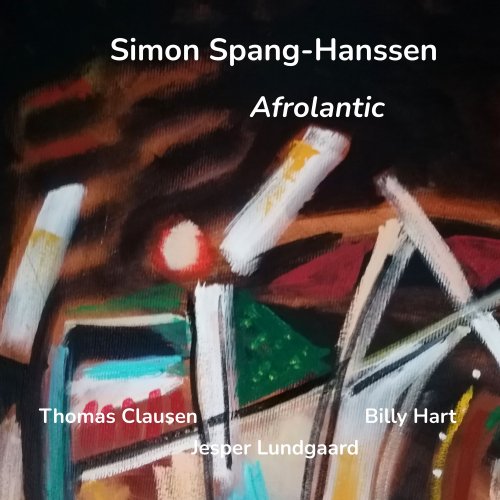
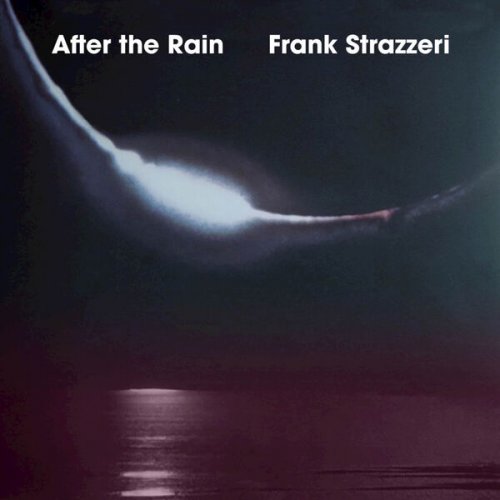

![Criolo, Amaro Freitas, Dino D'Santiago - CRIOLO, AMARO E DINO (2026) [Hi-Res] Criolo, Amaro Freitas, Dino D'Santiago - CRIOLO, AMARO E DINO (2026) [Hi-Res]](https://img.israbox.com/img/2026-01/17/usrf0slui6mhit9yit6clcqw9.jpg)
